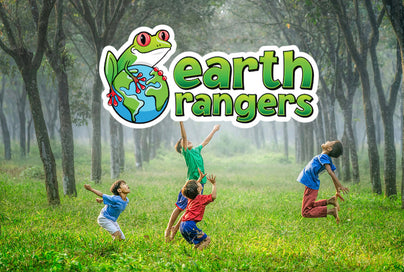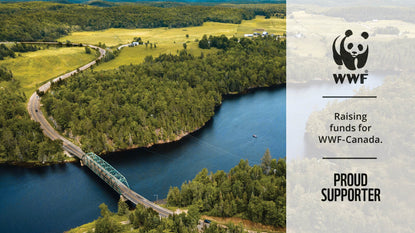Global Alliance for the Rights of Nature
A movement whose time has come.

Founded in 2010, The Global Alliance for the Rights of Nature (GARN) is a worldwide network committed to the universal adoption and implementation of legal systems that recognize, respect and enforce “Rights of Nature”.

Rights of Nature is, simply put, the recognition that our ecosystems – including trees, oceans, animals, mountains – have rights just as human beings have rights. Rights of Nature is about balancing what is good for human beings with what is good for other species and for the planet as a whole.
Rather than treating nature as property under the law, Rights of Nature acknowledges that nature in all its life forms has the right to exist, persist, maintain and regenerate. And we have the legal responsibility to enforce these rights on behalf of ecosystems.

Examples of the organization’s work can be seen globally. Panama, Bolivia, New Zealand, Mexico, Ecuador, Bangladesh, Brazil and the United States have all either issued court decisions, enacted laws or amended constitutions recognizing the legal rights of nature. We are delighted that in 2021, Canada joined this global club when a Canadian river was officially granted legal personhood status.
The Magpie River, a natural wonder recognized by National Geographic as a white-water rafting destination, stretches for nearly 300-kilometeres across northern Quebec. While the rapids are certainly a tourist destination, they are also of great cultural importance to the Ekuanitshit community; allowing the Innu to reconnect with their land and reflect on their pre-colonial ties to the region.

In February 2021, as a measure to protect the river from future environmental threats (particularly related to hydroelectric development) and to preserve it for future generations, the regional municipality of Minganie and the Innu Council of Ekuanitshit adopted joint resolutions to grant the river nine legal rights, including the right to flow, the right to maintain its natural biodiversity, and the right to sue. By granting the river legal personhood status, the Mapgie has the capacity to defend its given rights in court should they be breached.
At this time, this is the only application of Rights of Nature in Canada, but we hope to see the movement expand to protect more of our precious waters, lands, plants, and animals. So please, join us in spreading the word about GARN, about Rights of Nature and about the important role this movement can play in reshaping how we, as humans, interact with the environment.





